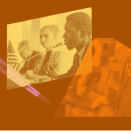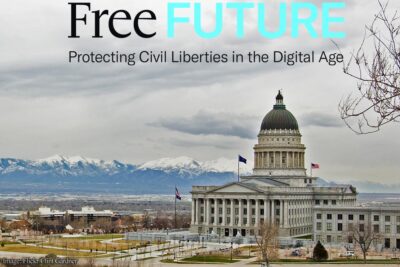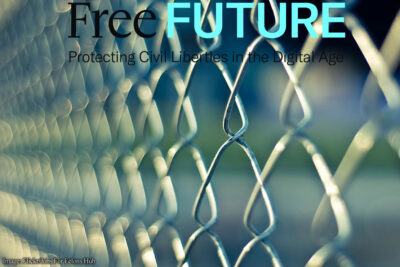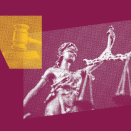Internet Speech
The ACLU works in courts, legislatures, and communities to defend and preserve the individual rights and liberties that the Constitution and the laws of the United States guarantee everyone in this country.
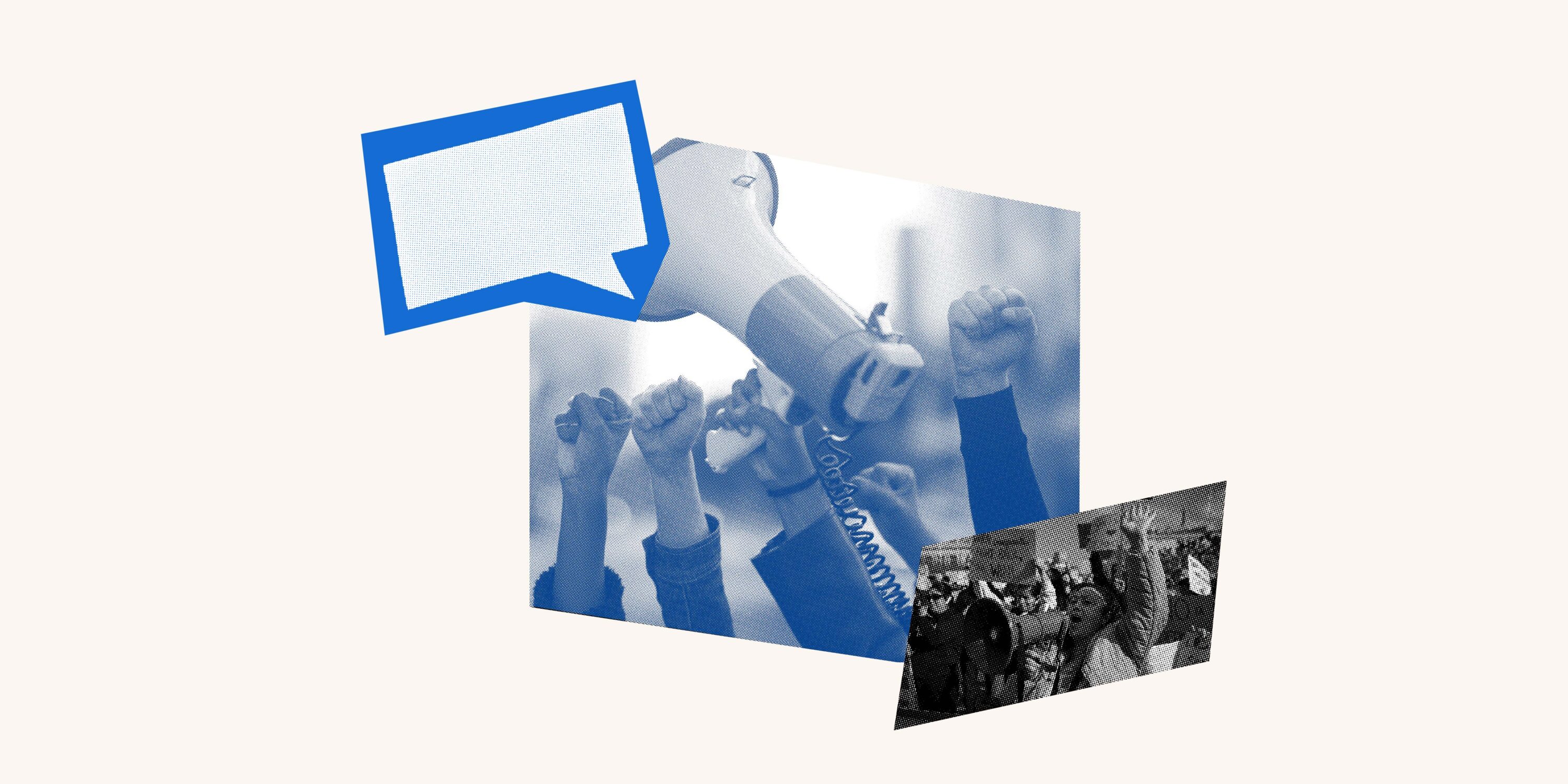
The Latest
Explore More
What We're Focused On
-
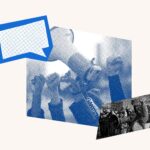
Communications Decency Act Section 230
The ACLU works in courts, legislatures, and communities to defend and preserve the individual rights and liberties that the Constitution and the laws of the United States guarantee everyone in this country.
-

Net Neutrality
The ACLU works in courts, legislatures, and communities to defend and preserve the individual rights and liberties that the Constitution and the laws of the United States guarantee everyone in this country.
-

Online Anonymity and Identity
The ACLU works in courts, legislatures, and communities to defend and preserve the individual rights and liberties that the Constitution and the laws of the United States guarantee everyone in this country.
What's at Stake
The digital revolution has produced the most diverse, participatory, and amplified communications medium humans have ever had: the Internet. The ACLU believes in an uncensored Internet, a vast free-speech zone deserving at least as much First Amendment protection as that afforded to traditional media such as books, newspapers, and magazines.
The ACLU has been at the forefront of protecting online freedom of expression in its myriad forms. We brought the first case in which the U.S. Supreme Court declared speech on the Internet equally worthy of the First Amendment’s historical protections. In that case, Reno v. American Civil Liberties Union, the Supreme Court held that the government can no more restrict a person’s access to words or images on the Internet than it can snatch a book out of someone’s hands or cover up a nude statue in a museum.
But that principle has not prevented constant new threats to Internet free speech. The ACLU remains vigilant against laws or policies that create new decency restrictions for online content, limit minors’ access to information, or allow the unmasking of anonymous speakers without careful court scrutiny.
The digital revolution has produced the most diverse, participatory, and amplified communications medium humans have ever had: the Internet. The ACLU believes in an uncensored Internet, a vast free-speech zone deserving at least as much First Amendment protection as that afforded to traditional media such as books, newspapers, and magazines.
The ACLU has been at the forefront of protecting online freedom of expression in its myriad forms. We brought the first case in which the U.S. Supreme Court declared speech on the Internet equally worthy of the First Amendment’s historical protections. In that case, Reno v. American Civil Liberties Union, the Supreme Court held that the government can no more restrict a person’s access to words or images on the Internet than it can snatch a book out of someone’s hands or cover up a nude statue in a museum.
But that principle has not prevented constant new threats to Internet free speech. The ACLU remains vigilant against laws or policies that create new decency restrictions for online content, limit minors’ access to information, or allow the unmasking of anonymous speakers without careful court scrutiny.
